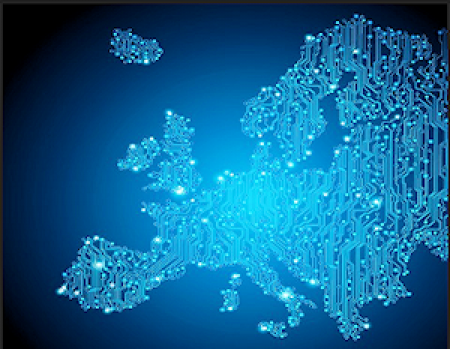Euro broadcasters welcome DSA political agreement
April 25, 2022
By Colin Mann

Broadcasting trade body the Association of Commercial Television and Video on Demand Services in Europe (ACT) has welcomed the provisional political agreement on the Digital Services Act (DSA). ACT supports the aims of the DSA, notably its guiding mantra that what is illegal offline should be illegal online. The DSA marks a further step in the essential and long process towards framing the digital space to ensure a diverse and secure media landscape.
“We congratulate the co-legislators for finalising negotiations in record time,” they say. “Commercial broadcasters welcome the text, particularly on the flexibility shown on aspects related to notice and action procedures, the definition of trusted flaggers, the introduction of VPNs in the Regulation, and important measures to tackle harmful content and disinformation online such as risk assessments, crisis protocols and algorithmic transparency. We remain optimistic that the co-legislators have shown equal ambition when it comes to the responsibility and accountability of search engines and their obligation to keep the online environment safe.”
The absence of the Know Your Business Costumer (KYBC) principle applicable to all online intermediaries remains a missed opportunity. Introducing a KYBC principle and several other elements remain of utmost importance in the immediate future, such as:
- ensuring that illegally offers of live/time sensitive content is taken down immediately;
- capturing the right players with meaningful due diligence obligations;
- ensuring that the supervision of VLOPs recommendation and moderation algorithms is undertaken by the Digital Services Coordinators to address pro illegal or harmful content.
“We will remain vigilant to ensure that the forthcoming implementation of the DSA lives up to its promise of supporting a liability regime that is fit for the digital age. Europe needs to secure a robust, responsible, and reliable online environment to support a pluralistic European media landscape,” they conclude .
